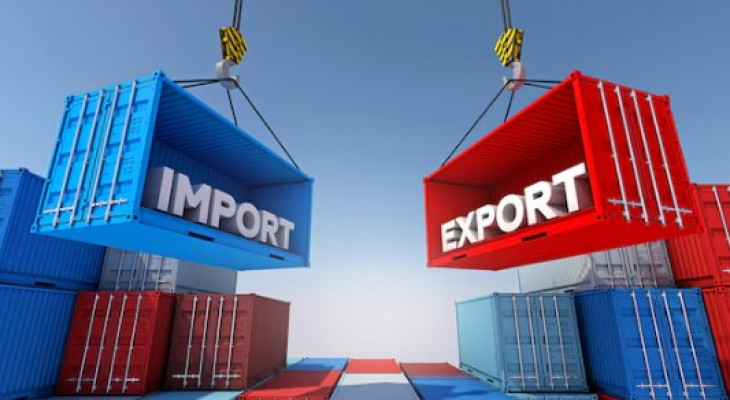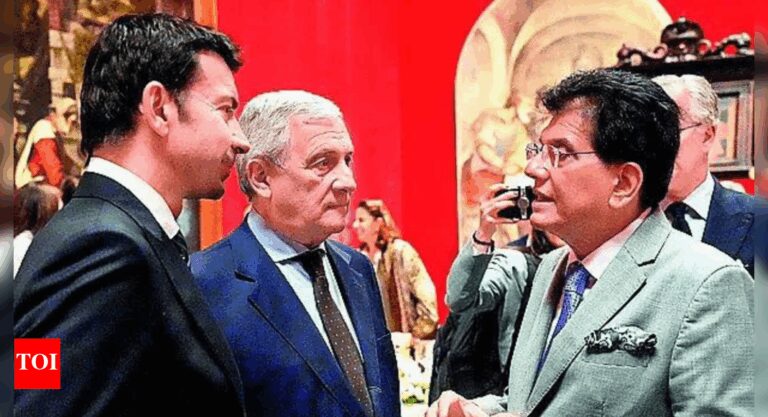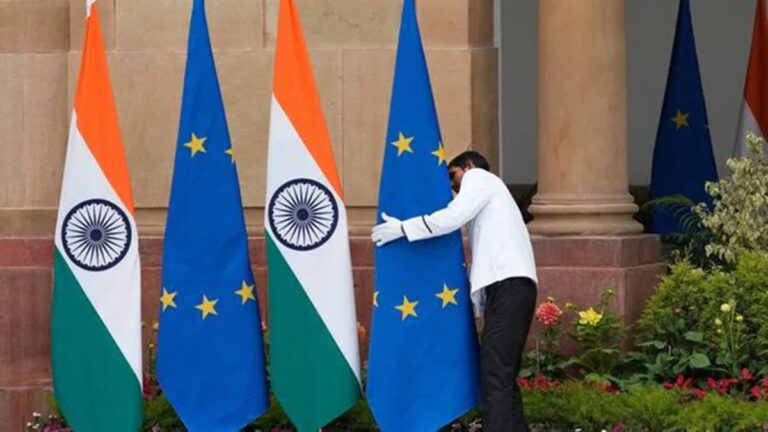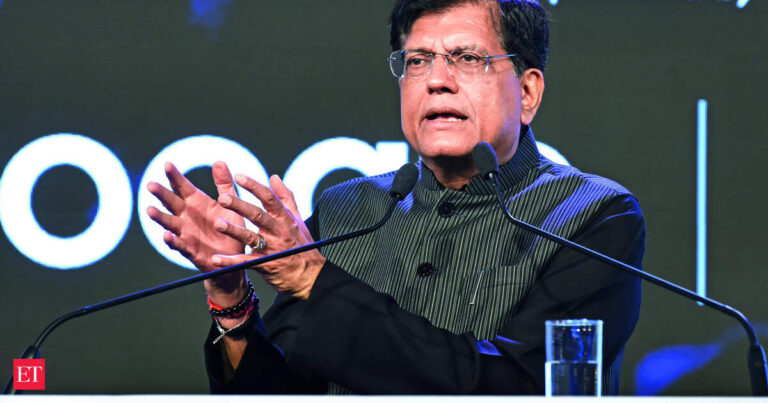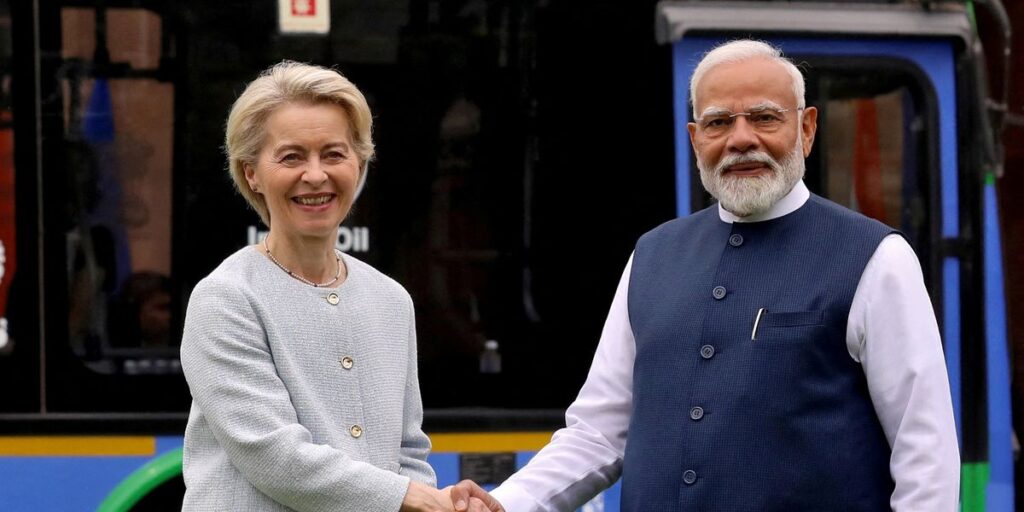
India and the European Union agreed on Friday (28) last Friday to finalize a free trade agreement by the end of the year, marking their first commitment in a deadline after years of conference. This decision comes as the two parties seek to soften the impact of the United States pricing increases.
The announcement was made by the president of the European Commission, Ursula von der Leyen, during a two -day visit to India, and the Indian Prime Minister, Narendra Modi, during a joint press conference.
“We asked our teams to conclude a mutually beneficial bilateral free trade agreement by the end of this year,” Modi told New Delhi.
Von Der Leyen said they “expected many of our commercial negotiators”.
“We instructed our teams to rely on this momentum and finalize our ALE before the end of the year,” said Von Der Leyen after the meeting.
Standing next to Modi, the head of the EU added: “We told them that they should surprise us”.
The two parties have been trying for years to strike a free trade pact, which would involve major concessions from India – one of the most protected markets in the world. The talks for an India-EU free trade agreement resumed in 2021 after being blocked for eight years.
“We have prepared a plan for collaboration in the fields of trade, technology, investment, innovation, green growth, security, skills and mobility,” said Modi, adding that managers have been invited to conclude the agreement by the end of the year.
The EU is the largest trading partner in India in goods, the bidirectional trade increasing by around 90% over a decade to reach $ 137.5 billion (108.1 billion sterling pounds) during the year 2023-2024.
Von der Leyen called for an “ambitious” trade and investment agreement which could cover the industries of batteries and pharmaceuticals to semiconductors, clean hydrogen and defense.
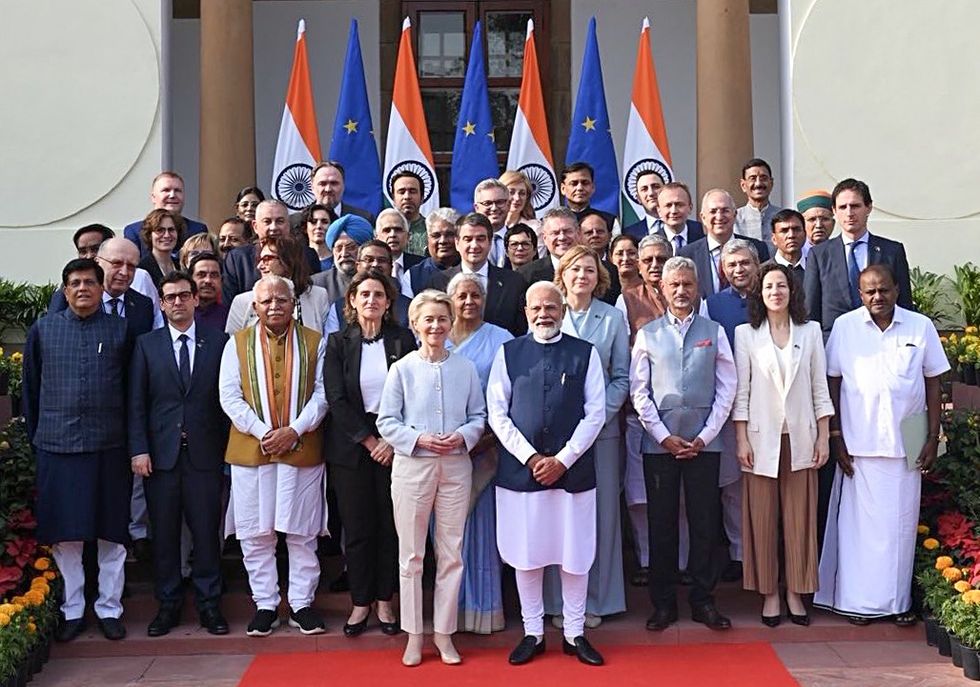 With members of the college of commissioners and ministers and Indian officials of New Delhi last Friday (28)
With members of the college of commissioners and ministers and Indian officials of New Delhi last Friday (28)
The visit of Von Der Leyen, accompanied by leaders of the EU nations, comes at a time to increase geopolitical tensions and as American president, Donald Trump, threatened to impose reciprocal rates on all nations, including the EU and India, by April.
“We are both losing in a world of spheres of influence and isolationism, and we are both trying to gain from a world of cooperation and work together,” she said before talks with Modi. “But I believe that this modern version of high power competition is also an opportunity for Europe and India to reinvent its partnership.”
The agreement had been delayed for many years by the reluctance of New Delhi to reduce prices in certain regions, while the European Union has proven to be reluctant to mitigate the borders of visas on Indian professionals.
The EU wants India to lower prices by more than 100% on imported cars, whiskey and wine, while India is looking for higher access to cheaper medicines and chemicals on the EU market.
India also wants lower prices on its exports of textiles, clothing and leather products. It also opposes a proposal from the EU aimed at correcting prices from 20% to 35% from January 2026 on high carbon products, including steel, aluminum and cement.
“It will not be easy to conclude the free trade talks unless India accepts to considerably reduce tariffs on cars and other products that could strike the national industry,” said Ajay Srivastava, of Delhi Think-Tank Global Trade Initiative.
